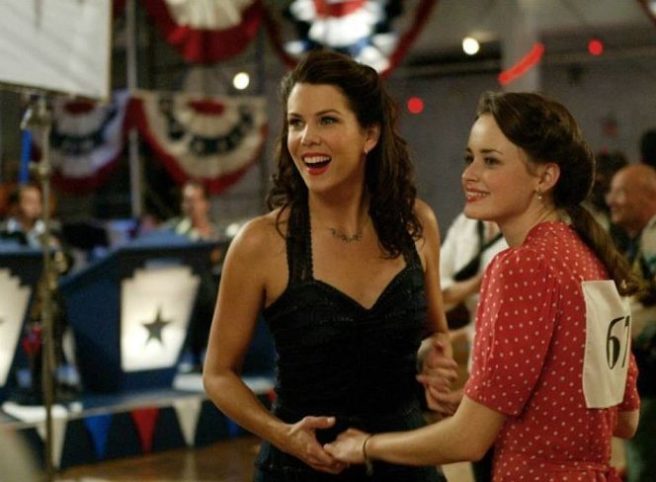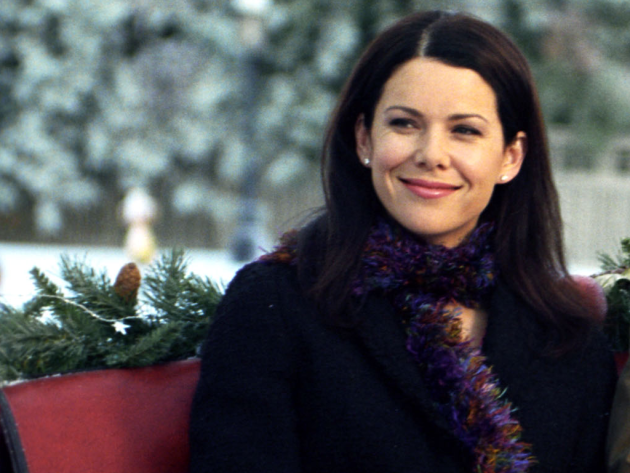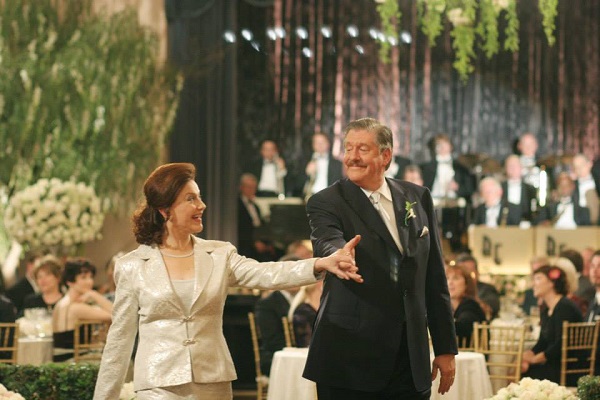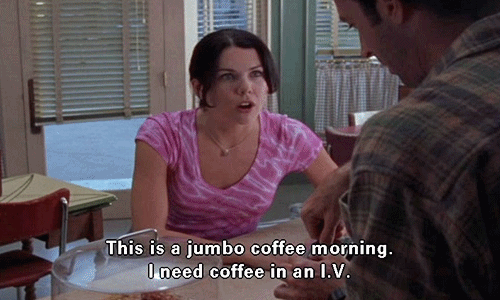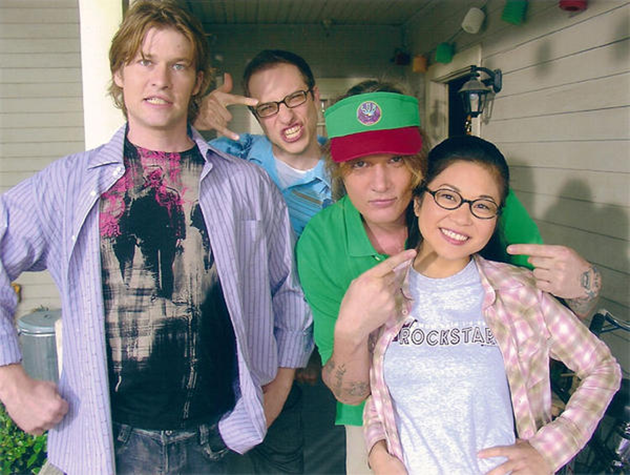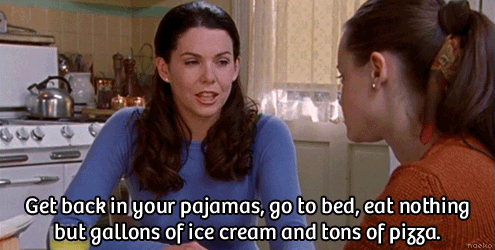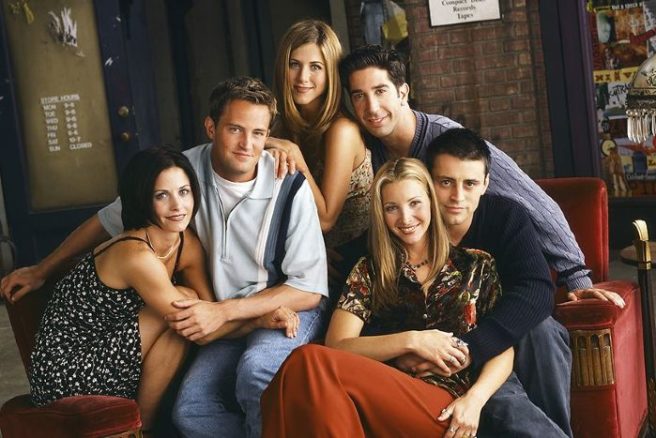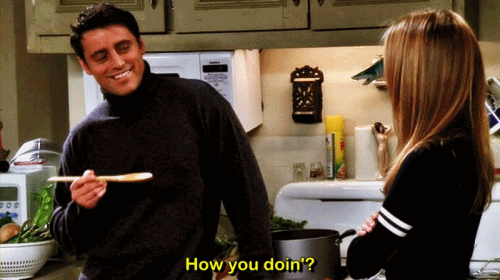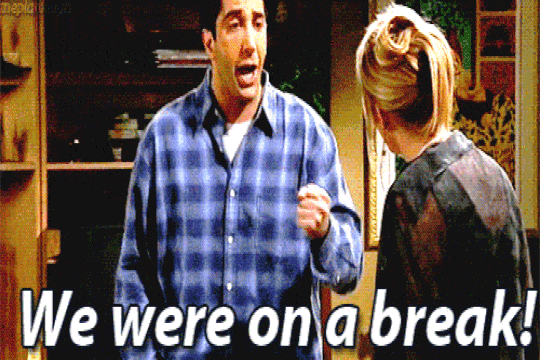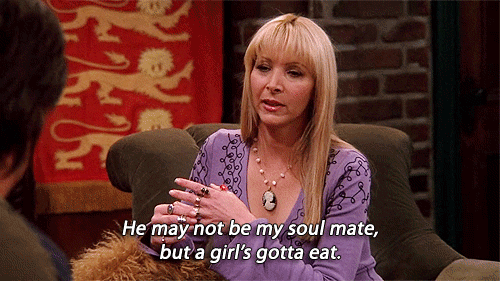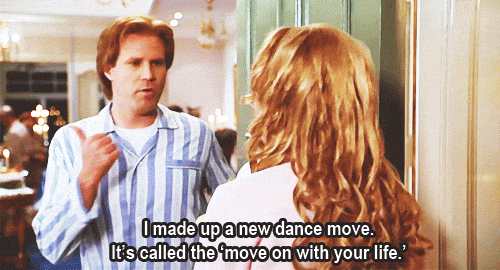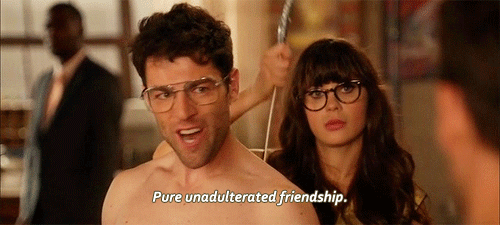In dog years, I’m 210 – an utterly useless fact which inexplicably cheered me up when I lamented my impending 30th birthday last June.
‘If I was a pug, I’d be really over the hill,” I’d console myself as I rubbed my lower back and wondered how the f*ck I’d hurt it again.
In the run-up to this milestone birthday, I reflected on the various life lessons it took 29 years to learn – some of which I’ll admit I had to revise time and time again before they began to sink in.
And despite all these seemingly important lessons, there’s something about turning 30 that forces so many of us to pause, reassess and worry – a polite way of saying there’s something about turning 30 that makes so many of us feel like we’ve failed in some way.
Your twenties are spent focusing on the things you want to do and celebrating the things you have achieved while your 30th year is spent focussing on the things you haven’t done and lamenting the things you haven’t achieved.
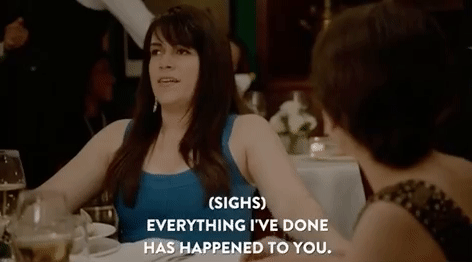
Sure, many people use this birthday to focus on goals like owning their own home and progressing up the career ladder for example, but a worrying amount of time is also spent regretting those perceived failures.
I didn’t travel enough when I had the chance. I didn’t start saving when I should have. I didn’t do what she did. I didn’t do what he did.
For me, turning 30 brought with it a vague existential crisis which I would have been more committed to experiencing if I wasn’t so damn tired.
I mean, I was 30, after all.
But as a result of its brief appearance, I forced myself to look at my life objectively, and yes, that is as hideous as it sounds.
However, as a result of this self-inflicted soul searching, I realised that while I may not have purchased a house, learned anything further about pensions or saved a cent in the six months which have passed since my turning 30, I have picked up a few more life lessons.
And right now, it’s as much as I can ask for.
1. The next thing isn’t going to make you happy
Yes, it’s important to have things to look forward to, goals to hit and milestones to reach, but if you’re constantly expecting the next thing to make you truly happy, you need to stop and reassess.
What is it about your current situation that convinces you the next thing will make it better? And when does that really end?
Is losing those 10 lbs or getting that new title in work really the key to your complete happiness? Probably not. So, why devote so much time fixating on them?
Life will always throw obstacles your way, and that will happen whether you’re 10lbs lighter or €10,000 wealthier a year, so it’s up to you to do your level best to find happiness in every day life.

2. Everything is a work in progress
Whether it’s your career, your appearance or your life in general, these things don’t remain stagnant, so stop writing yourself off every time you hit a rough patch.
I’d wager you have watched friends go through tough times and harboured no doubt that they would come out the other side a stronger person. And yet when it comes to yourself, you struggle to apply the same positivity.
As long as you're breathing, there is scope for change, so don't let current circumstance dictate your approach to the future.
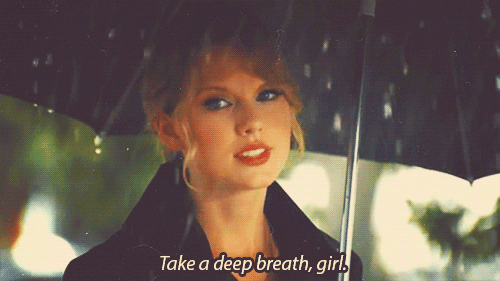
3. The exterior doesn’t always match the interior
It probably shouldn’t have taken me so long to internalise this one, but I was busy ignoring letters from my bank and Googling whether the mould in my apartment would kill me.
As a child, I was taught never to judge a book by its cover, and while I’ve attempted to live by that mantra, I haven’t always succeeded.
However, since turning 30 I have learned more and more that the face people choose to expose to the world doesn’t always accurately reflect the person they are.
Maybe it’s born of anxiety, insecurity or a sense of unease, but reserving judgement before you get to know someone properly is something my 30th year has taught me. And yes, I know I should have learned it a lot sooner.
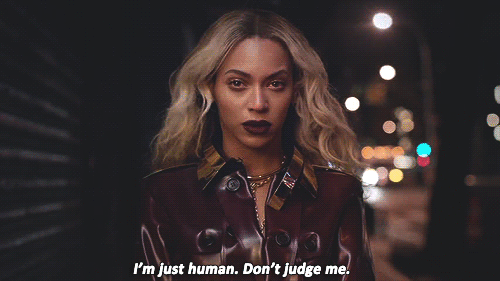
4. Resigning yourself to a particular approach is not good
By the time we turn 30, many of us have a fairly strong sense of self.
In that, we know our strengths, we know our weaknesses and we definitely know what we do and don’t like, right?
Well, convincing yourself of this is a guaranteed way to stunt your physical, emotional and spiritual growth.
You may have turned 210 in dog’s years, but you can still be taught new tricks.
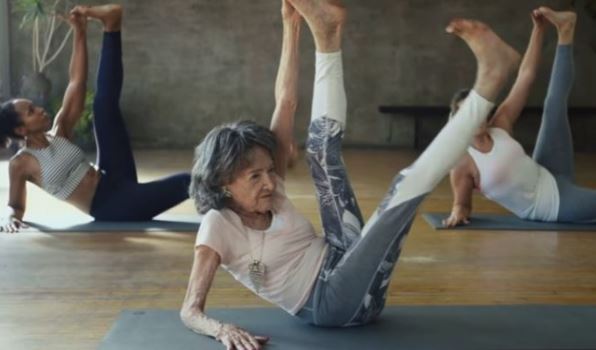
5. A good attitude goes a long way
There isn’t enough positive things to say about the impact a good attitude can have on yourself, your family, your friends and your colleagues.
And no, this doesn’t mean you have to be become an all-singing, all-dancing Pollyanna type, but it does mean displaying a level of warmth, empathy and understanding even in the face of the utmost adversity.
In actual fact, this approach is more self-serving than many of us realise – just consider how many times a bad attitude helped you to progress.
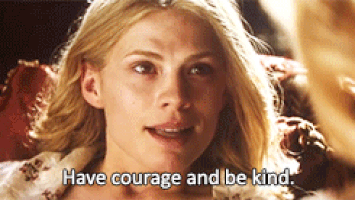
6. Asking for help is just as important at 30 years of age, as it is at 3 years of age.
The most successful people in this life have absolutely no shame admitting that they don’t know everything.
Until your dying day you won’t know everything, but why not learn as much as possible (or refresh your memory) along the way?
There’s no doubt it can be humbling asking for assistance or guidance in a field you may be very familiar with, but hey, once you ask the job is done.
And remember the last time you judged a colleague for asking for a quick hand with something? Yeah, us neither.
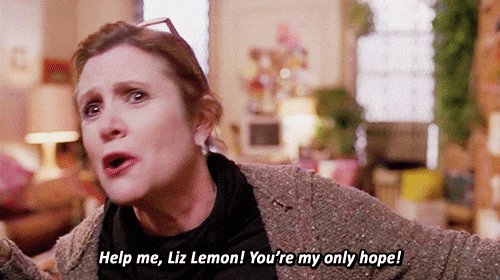
7. Being friends with everyone simply isn’t necessary
And you should be wary of people who are.
The older you get, the easier it is to define people by the relationship you share with them, and there is nothing wrong with compartmentalising them either.
As a child, everyone was your friend, and as a teen, the more pals you had the better, but by the time you reach 30, the concept of friendship takes on a much more profound meaning.
Now, don’t get us wrong, there is no doubt that being open to new friendships is a good thing, but remember to love many, trust few, and always paddle your own canoe.

